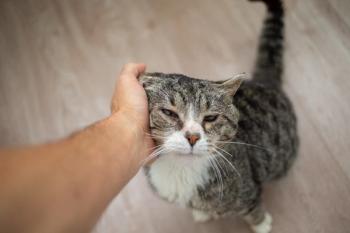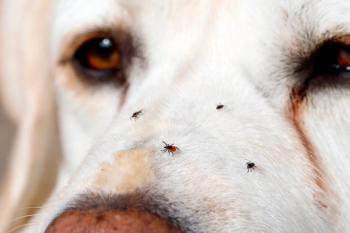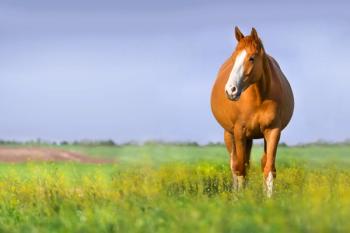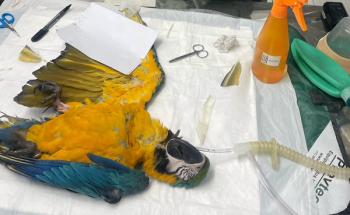
- dvm360 July 2022
- Volume 53
- Issue 7
- Pages: 15
FDA accepting 2023 grant applications for animal drugs for minor uses and minor species
Pharmaceutical sponsors who meet the eligibility requirements or their research partners are encouraged to apply.
The FDA has opened a new period for applications for grants to support the development and potential approval or conditional approval of new animal drugs intended to treat uncommon diseases (minor uses) in major species—horses, dogs, cats, cattle, pigs, turkeys, and chickens—or to treat minor species (MUMS drugs).1
The maximum individual award amount is $250,000 per year per awardee, for up to 2 years for routine studies and up to 3 years for toxicology studies, for a total of $500,000 and $750,000, respectively. Only animal drug sponsors with designated MUMS animal drugs or their research partners are eligible to apply.1
The grant program funds studies on clinical effectiveness, target animal safety (TAS), human food safety, and environmental safety, as well as certain manufacturing studies that are supportive of effectiveness or TAS, according to the FDA.2
Pharmaceutical sponsors developing MUMS drugs must have opened an Investigational New Animal Drug file with the FDA’s Center for Veterinary Medicine (CVM) to meet eligibility requirements for the grant program, and they must already hold a MUMS designation for that drug and its intended use. Additionally, the CVM’s Office of New Animal Drug Evaluation must have reviewed and accepted the study protocol for the pharmaceutical sponsor to be eligible.2
Research partners are required to submit a letter to the INAD file that identifies the partnership with their pharmaceutical sponsors to be eligible for the grant program.2
To date, the MUMS grant program has provided more than $5.86 million in support of 64 studies. In January 2022, the FDA awarded a new grant to AQUI-S New Zealand, Ltd. for $250,000, for an oral 2-generation reproductive toxicity study of eugenol in rats. This study is intended to support the human food safety technical section needed for approval of eugenol to sedate freshwater finfish to handleable condition.1
The Minor Use and Minor Species Animal Health Act of 2004 (the MUMS Act) helps provide innovative ways to bring products to market for these small populations and is designed to help veterinary pharmaceutical companies and others overcome the financial roadblocks they face in providing animal drugs for a limited market. Before this legislation, veterinary pharmaceutical companies and others would rarely attempt to bring such drugs to market.1
Grants awarded through the MUMS program support the FDA’s continuing mission to assure that safe and effective animal drugs are available for a wide range of species and conditions. MUMS grants have been awarded to support product development for a variety of indications, including the treatment and control of specific parasitic and bacterial diseases in various fish species, the treatment of certain cancers in dogs, and some uses for horses, pheasants, and goats.1
The due date to submit an optional Letter of Intent to apply for a grant is June 13, 2022, and applications must be submitted by July 29, 2022, through
References
- FDA opens first FY2023 grant funding application period for animal drugs for minor uses and minor species. News release. FDA Center for Veterinary Medicine. May 31. 2022. Accessed June 4, 2022.
https://www.fda.gov/animal-veterinary/cvm-updates/fda-opens-first-fy2023-grant-funding-application-period-animal-drugs-minor-uses-and-minor-species - FDA Center for Veterinary Medicine. Minor Use/Minor Species (MUMS) Grants. FDA. Accessed June 4, 2022.
https://www.fda.gov/media/89240/download
Articles in this issue
about 3 years ago
Medical World News® takes a dive into beer brewery and blood banksover 3 years ago
Z is for zebras and other dental surprisesover 3 years ago
Practice ownership perksover 3 years ago
3 steps to protect your practice from ransomwareover 3 years ago
Colic surgery delivers a painful reminderover 3 years ago
Hiring isn't all about moneyover 3 years ago
Dermatology image quizover 3 years ago
Protecting adopted pets from heartworm diseaseover 3 years ago
The A — Z on ADA complianceNewsletter
From exam room tips to practice management insights, get trusted veterinary news delivered straight to your inbox—subscribe to dvm360.






